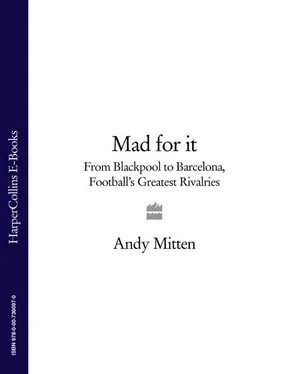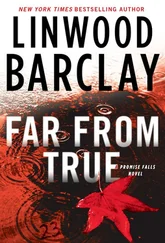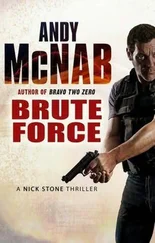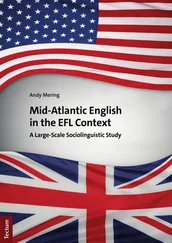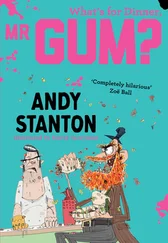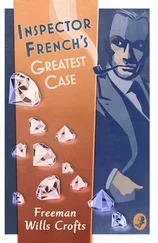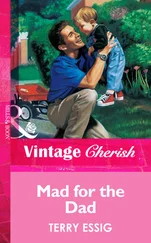These crimes of passion are committed by the Barra Bravas (‘tough gangs’), Argentina’s notorious hooligan groups. River’s Barras , Los Borrachos del Tablón (‘The Drunks from the Board,’ a name derived from the days when the terraces were wooden planks on which the fans bounced up and down), have succeeded the Boca hooligans, La Doce (‘The Twelve’, so called because the fans believe they are the team’s 12th player), as Argentina’s most feared gang.
For both sets of Barras , El Superclassico is the season’s most important game. ‘On balance, most fans would rather beat La Boca than win the championship,’ says Matias, a 24-year-old River Barra , motorcycle courier, and trainee lawyer, who was brought up in Palermo, a middle-class neighbourhood not far from El Monumental . ‘It is more important to beat Boca on their own turf,’ he explains. And this week, they’ll get the chance.
Down at La Bombonera in the newly opened Boca Juniors museum I ask an assistant whether Boca fans share the same sentiments when it comes to beating River. ‘Are you kidding?’ he replies. ‘There was a party round here when River lost on Wednesday [in the Copa de Libertores to Uruguayan side The Strongest]. I’d rather Boca beat River and ruin their chances of winning the championship than Boca lose to River and win the championship ourselves.’ With River five points clear at the top of the table and Boca loitering near the bottom, he would say that, wouldn’t he?
As the fans gear themselves up for what is their cup final the players are trying to keep some sense of perspective. The River players, in particular, are doing their level best not to get caught up in the hysteria. ‘I know this game means a lot to both the fans and the players,’ says River’s diminutive playmaker Ariel Ortega, known as El Burrito (‘the Little Donkey, because he hails from Ledesma in the north of Argentina where there are no horses, only donkeys). ‘But I want to make it clear that I would never trade a championship for a single victory against Boca.’
With only a day to go, the whole of Buenos Aires is consumed by the game, which is staggering given that twelve of Argentina’s nineteen top division clubs play in the capital and its surrounding area. ‘River-Boca is a national derby, there are fans of both clubs all over the country,’ explains Juan Sasturain, a journalist and author – Argentina’s answer to Nick Hornby, according to Pablo. ‘When River play Boca you can bet your life there will be a fan of each team, up in the north of Argentina near the Bolivian border, stood in their replica shirts fighting,’ adds Sasturain.
‘In general, if you are not a Boca fan, you are anti-Boca. Boca have something socially irritating about them, I don’t know why. Maybe it’s because they have fans from so far and wide.’ A bit like Manchester United then.
So, Boca are widely recognised as the country’s best supported club. But which of the two clubs is the biggest? ‘I cannot say because they’re both very different in terms of history and image,’ says Sasturain. ‘Historically, River is stylish and offensive; Boca is the opposite – heart and strength. River is money and the middle classes; Boca is popularity and the working classes.’
As the game draws ever closer even Ortega, who was admirably circumspect only yesterday, gets caught up in the media hyperbole. In a bet with celebrity broadcaster and Boca fan Alejandro Fantino, Ortega has agreed to dye his hair green if River lose. In turn, Fantino will dye his hair bright red if Boca lose. Worried he might lose the bet, Fantino asks Boca midfielder Antonio Barijho, who regularly dyes his hair (blond being the current colour of choice), which brand of dye he should buy. ‘Don’t bother buying any, you won’t need it,’ says a confident Barijho, who instead insists Fantino should tell Ortega to dye his hair in the blue and yellow of Boca if River lose.
‘Ortega would have no hair left if he’d made the same bet over the past few seasons,’ says Barijho, and it’s a valid point. River have lost six of the previous ten meetings between the two, winning only one. Has Ortega bitten off more than he can chew?
Certainly Boca’s is the more relaxed camp on the eve of the game. Whereas their training sessions at La Bombonera are open to both press and public, up at El Monumental we have to rely on sneaking through an unguarded gate to watch the River players being put through their paces. That is until an angry security guard boots us out.
On leaving La Bombonera the evening before the game, having collected our tickets, a security guard calls us over; our pale skin, short trousers, and cameras are dead give-aways that we are not from round these parts. ‘Tell them to be careful,’ he says to Pablo. ‘There is a strange atmosphere around this week.’
So tense is the mood now that with the game imminent, Pablo says he feels uncomfortable being in enemy territory, even though he’s not wearing River colours. He’s in far less danger than one misfit we see ducking into a house, wearing River’s red and white replica shirt. ‘He’s a brave man,’ says Pablo, who has thus far been ferrying me around in his wife’s car. ‘Tomorrow I will bring my car to the game. It is not so good so it doesn’t matter as much if it gets vandalised.’
As we drive through the dusty streets of La Boca, with its mixture of crumbling, derelict buildings and bright pastel-coloured houses, we pull up outside San Salessiano, a Catholic school. On the wall outside is a magnificent mural, painted in 1969, depicting Buenos Aires at the time. On the left of the picture some workers stand beneath the industrial backdrop of La Boca and on the right stands a businessman and a tango dancer depicting the city’s middle classes. In the middle is a priest, stood next to two children, one wearing a Boca shirt, the other wearing a River shirt. This is the church’s ideal of Buenos Aires: harmonious. Tomorrow’s game will be anything but.
Within minutes of arriving at La Bombonera news filters through that the River team bus has been ambushed by Boca fans on the way to the ground. The windows were stoned, River’s club president took a blow to the head and two others were injured. At the ground a 1,200 strong, armed police unit (three times the usual size) prepare themselves for more outbreaks of violence. But security is tight, with every fan being searched and stripped of anything that might be deemed offensive, even empty plastic bottles. Apart from ticket-less fans trying to storm the gates there are few signs of serious trouble, but as an outsider, you still fear for your safety.
At the other end of the ground – the River end – however, there are knife fights breaking out and one Barra completely loses it with a concrete paving slab when it refuses to break under the pressure of him stamping on it (he wants to throw the broken pieces at Boca fans). Twice we hear the sound of gunfire. Whether the police or the fans are responsible nobody knows.
La Bombonera is a purpose-built football stadium – no athletics or dog-racing tracks here – so the crowd are very close to the pitch and almost on top of it. Three sides of the ground (one side and two ends) form an extremely steep concrete, three-tiered C-shape, with the area behind each goal standing only.
Away to our right, anything from coins to urine rains down on the Boca fans as River’s travelling support, fuelled by alcohol, marijuana, cocaine, and pure adrenalin, make their presence felt from the two tiers above. Strangest of all though, amid the sea of red and white many of the River mob are wearing handkerchiefs and surgical masks over their faces. This, Pablo informs me, is because River’s nickname for Boca and their fans is El Bosteros , roughly translated into English as ‘The Shits’, in reference to the unpleasant smell that wafts over La Boca, a remnant of the area’s industrial past. If you go down to the port and smell the water you’ll know what they’re on about.
Читать дальше
